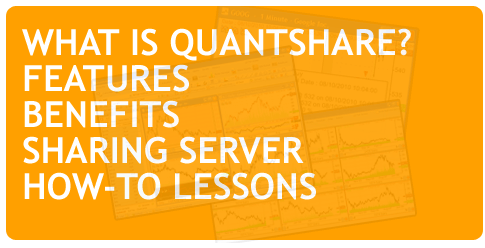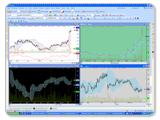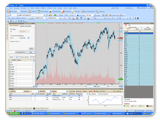Nevertheless, many people wonder why after-hour and pre-market trading exists in the first place. Isn't it enough for the investors and traders to play the game of numbers for six consecutive hours both in NASDAQ, and in US stock market? Trading out of the window or after-hour trading exists due to a number of reasons. Following are given top five reasons why after-hour and pre-market trading exists. 1- A less crowded space to trade in As soon as the stock markets start working, millions start pouring in. the opening bell attracts thousands of investors and traders. However, there are traders that prefer a place and a time that is less crowded. After-hour and pre-market trading sessions are like a heaven for these traders. According to many big investors, these sessions are less crowded and there are mostly big fishes out in the pool (although with advancement in ECN (electronic communications network) smaller investors are also attracted to off-time sessions of trading). The interest of big companies in after-hour and pre-market trading sessions can rightly be assumed by the statement of Chris Colcannon who works as an executive VP in the transaction services group at NASDAQ, "many companies report earnings either before the market opens or after the market closes. The intrinsic value of a stock is constantly moving whether the market is open or not, and people want to access the market when the intrinsic value is changing." 2- Time to give news and reports Since the advent of after-hour and pre-market trading mostly bigger corporations are more attracted towards these sessions of trading. Keeping in mind this trend, it is not surprising to see that these big companies announce major news and reports during these sessions of trading. Most of the big companies wait until the end of the working day. Once the stock markets are closed and comparatively smaller investors are sound asleep, these game makers announce their earnings, mergers and acquisitions. The information whether good or bad usually stirs the market and is capable to cause large movements in the stock market. It is believed that this is one of the main reasons why after-hour and pre-market trading exists. Trading Companies are always interested in the announcements and news coming from the other end. No one is willing to lose the opportunity whether it is working time or after-hour trading, and this keeps the wheel moving. 3- Investment opportunities Once the news and announcements are out there are instant and quick decisions. We often see that many small investors complain that they lost everything while they were sleeping in the comfort of their home. When US stock markets are closed, the other side of the world is open. There are deals going on. We can say there is a constant battle in stock market; the gamers are always ready to play and invest. The uncertainty of the stock market is obvious to everyone. In this situation after-hour and pre-market trading gives an opportunity to fight the battle when enemy is sleeping. 4- Advantage over others Another reason that defines existence of after-hour and pre-market trading is the fact that you can buy and sell way before the opening bell rings. This gives the traders huge advantages over others who are due to some reason not trading during after-hours or pre-market sessions. Another important factor is that those who trade in these sessions can somehow predict how next day is going to be. So they are pre prepared for rise or fall of the stocks. 5- Time to make international investment After-hour and pre-market trading sessions opens new gates of trade and investment. The international stock markets that are closed at the working hours of the country are accessible during these trading sessions. This enables investors to expand their spectrum and reach international market in a more convenient way. comments powered by Disqus |

|
|
|
|







